The Importance of Sealing Natural Stone Floors: When, Why, and How to Do It?
Natural stone floors are a beautiful and durable alternative for any home. They add grace, warmth, and character to any space.
However, natural stone floors also require proper care and maintenance to hold their beauty and functionality. One of the most important steps in caring for natural stone floors is sealing them.
What is natural stone sealing and why is it important?

Sealing is the process of applying a protective layer of a sealant product over the surface of natural stone floors. Sealants are usually liquid or spray products that penetrate the pores of the stone and form a barrier against stains, moisture, dirt, and other contaminants. Sealing is important for several reasons:

It protects the natural beauty of the stone
Natural stone floors have unique patterns, colors, and textures that make them attractive and distinctive. However, these features also make them vulnerable to discoloration, fading, and dulling from exposure to sunlight, water, chemicals, and other substances. Sealing helps to prevent these damages and keep the stone looking fresh and vibrant.
It enhances the durability of the stone
Natural stone floors are strong and resilient, but they are not indestructible. They can crack, chip, scratch, or wear down over time from foot traffic, furniture, pets, and other factors. Sealing helps to strengthen the surface of the stone and reduce the risk of physical damage.
It makes the stone easier to clean and maintain
Natural stone floors can accumulate dirt, dust, spills, and stains over time, which can affect their appearance and hygiene. Sealing makes the stone less porous and more resistant to these contaminants, which means less cleaning and maintenance is required. Sealing also makes the stone smoother and less slippery, which improves safety and comfort.
When should you seal your natural stone floors?

The frequency and timing of sealing your natural stone floors depend on several factors, such as the type of stone, the quality of the sealant, the amount of traffic, and the level of exposure to moisture and other elements. However, a general rule of thumb is to seal your natural stone floors at least once a year, or more often if needed. Some signs that indicate your natural stone floors need sealing are:

If the stone absorbs water quickly
You can test this by sprinkling some water on the stone and observing how long it takes to soak in. If the water disappears within a few minutes, it means the stone is porous and needs sealing. If the water beads up on the surface, it means the stone is well-sealed and does not need sealing.
If the stone shows signs of staining or discoloration
You can check this by looking for any spots, marks, or changes in color on the stone that are not part of its natural variation. If you see any stains or discoloration, it means the stone is not protected and needs sealing. If the stone is clean and consistent in color, it means the stone is well-sealed and does not need sealing.
If the stone looks dull or faded
You can assess this by comparing the stone to its original appearance or to a sample of the same stone that has not been exposed to wear and tear. If the stone looks dull or faded, it means the stone has lost its shine and needs sealing. If the stone looks glossy and vibrant, it means the stone is well-sealed and does not need sealing.
How do you seal your natural stone floors?

Sealing your natural stone floors is a relatively simple and inexpensive process that you can do yourself or hire a professional to do for you. The basic steps are:

Clean the stone thoroughly
Before applying the sealant, you need to make sure the stone is free of any dirt, dust, grease, wax, or other residues that could interfere with the sealant's performance. You can use a mild detergent and a soft brush or cloth to gently scrub the stone, or a vacuum cleaner to remove any loose particles. Rinse the stone with clean water and let it dry completely.
Choose the right sealant for your stone
There are different types of sealants available for different types of natural stone floors, such as water-based or solvent-based, penetrating or topical, matte or glossy, etc. You need to choose the sealant that is compatible with your stone and suits your preference. You can consult the manufacturer's instructions or a stone expert for guidance.
Apply the sealant evenly and generously
You can use a roller, a brush, a spray bottle, or a cloth to apply the sealant over the entire surface of the stone, following the directions on the product label. Make sure to cover all the cracks, crevices, and edges of the stone, and avoid leaving any gaps, bubbles, or streaks. Apply a second coat if needed, and wipe off any excess sealant with a clean cloth.
Let the sealant cure and dry
You need to wait for the sealant to fully penetrate and harden on the stone, which can take from a few hours to a few days, depending on the type of sealant and the environmental conditions. You can check the product label or the manufacturer's website for the exact curing time. During this period, you should avoid walking on or using the stone, and keep it away from any moisture or heat sources.
Once the sealant is cured and dry, you can resume using your natural stone floors as normal. You can admire their beauty, appreciate their durability, and benefit from their easy maintenance. You can also extend their lifespan by cleaning them regularly with a mild cleaner and a soft cloth, and resealing them as needed.
Must Read: How to Clean and Maintain Your Natural Stone Floors for Longevity
Conclusion
Natural stone floors are a great investment for any home, but they also require proper care and maintenance to keep them in good condition. Sealing is one of the most important steps in preserving the natural beauty, durability, and hygiene of natural stone floors.
By following the simple steps of cleaning, choosing, applying, and curing the sealant, you can protect your natural stone floors from stains, damage, and wear and tear, and enjoy their benefits for years to come.


 White
White Beige
Beige Black
Black Blue
Blue Grey
Grey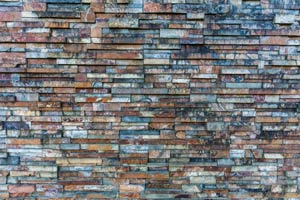 Décor
Décor Brown
Brown Green
Green Metallic
Metallic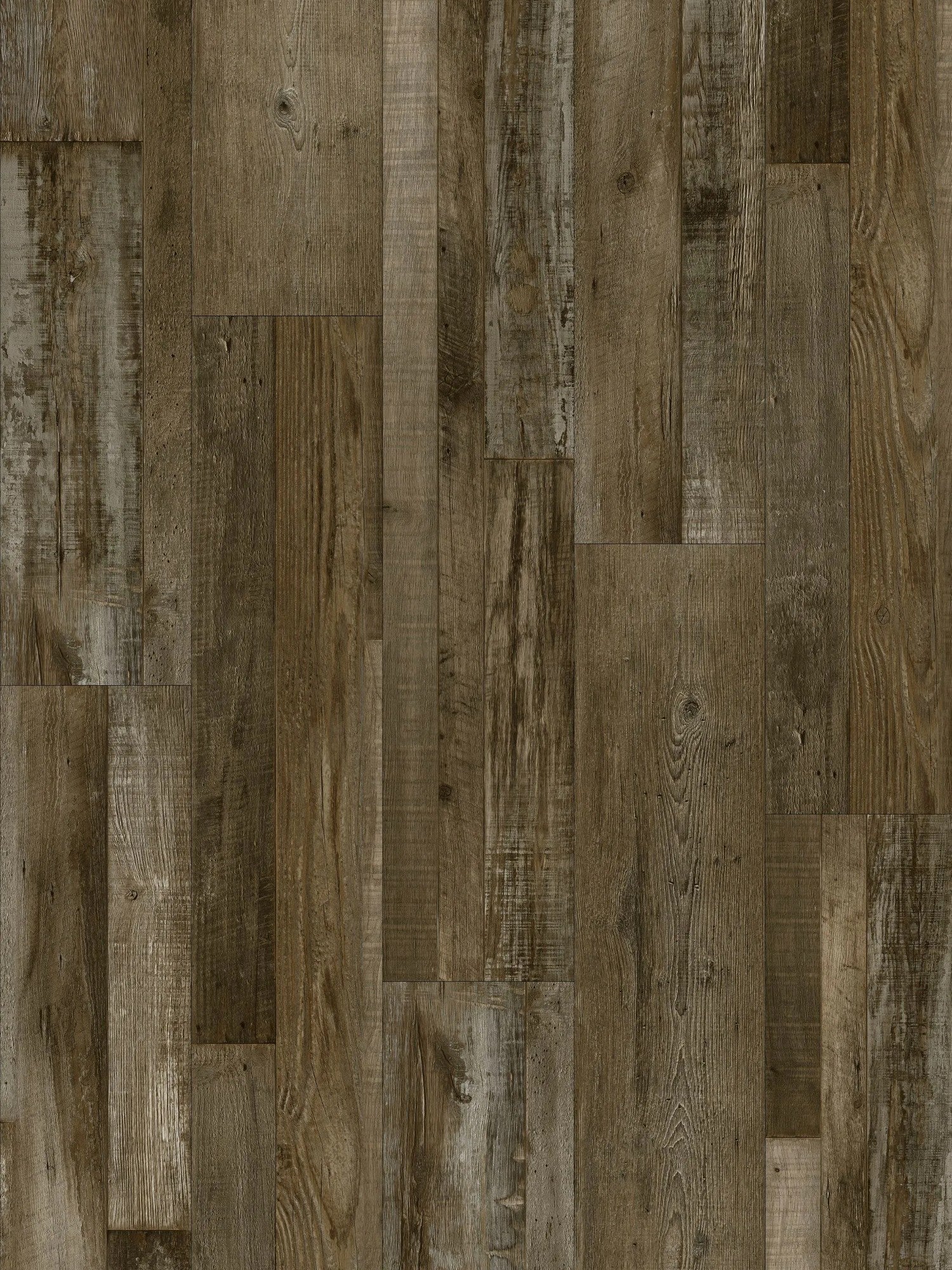 Brown
Brown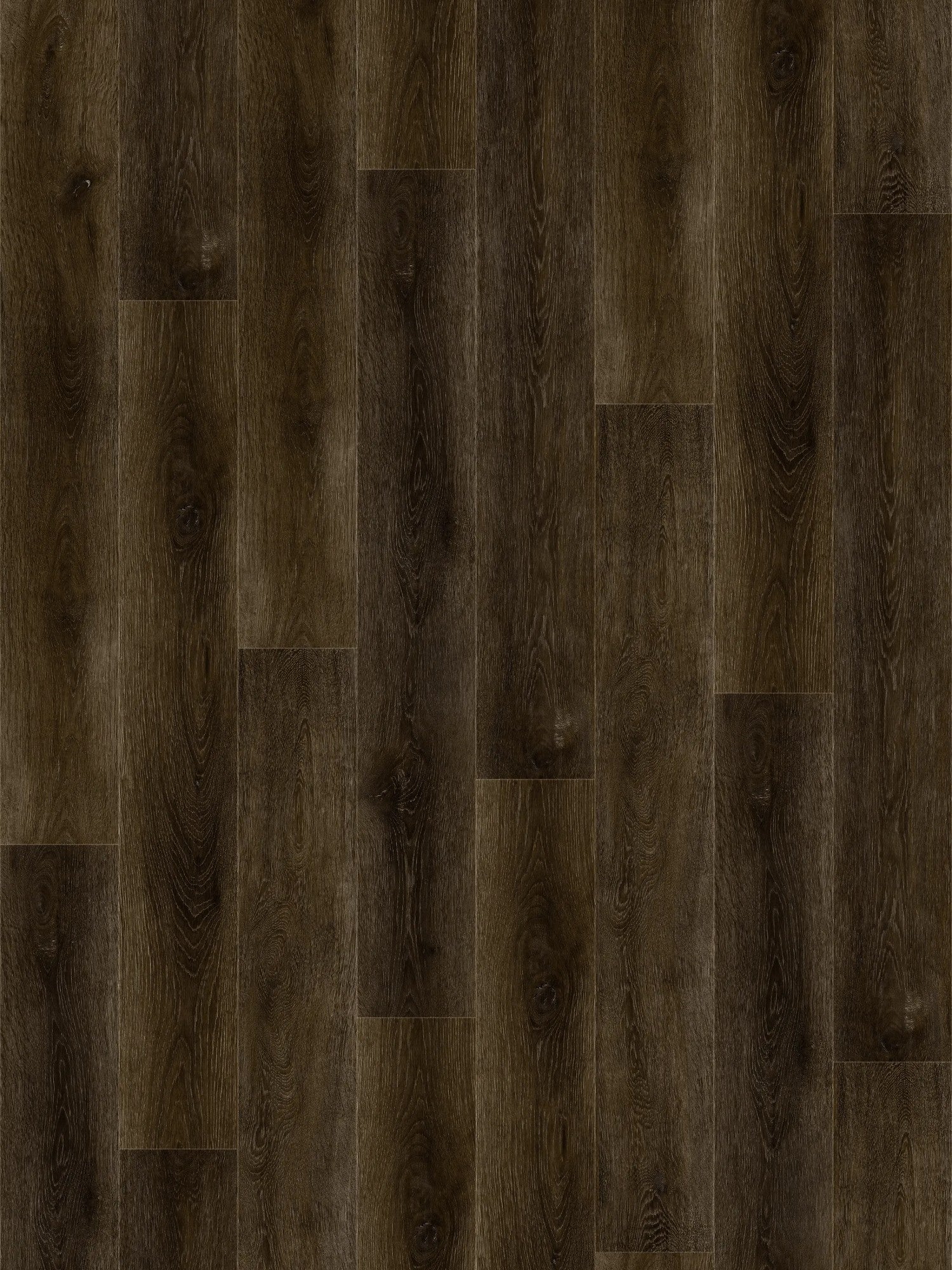 Dark Brown
Dark Brown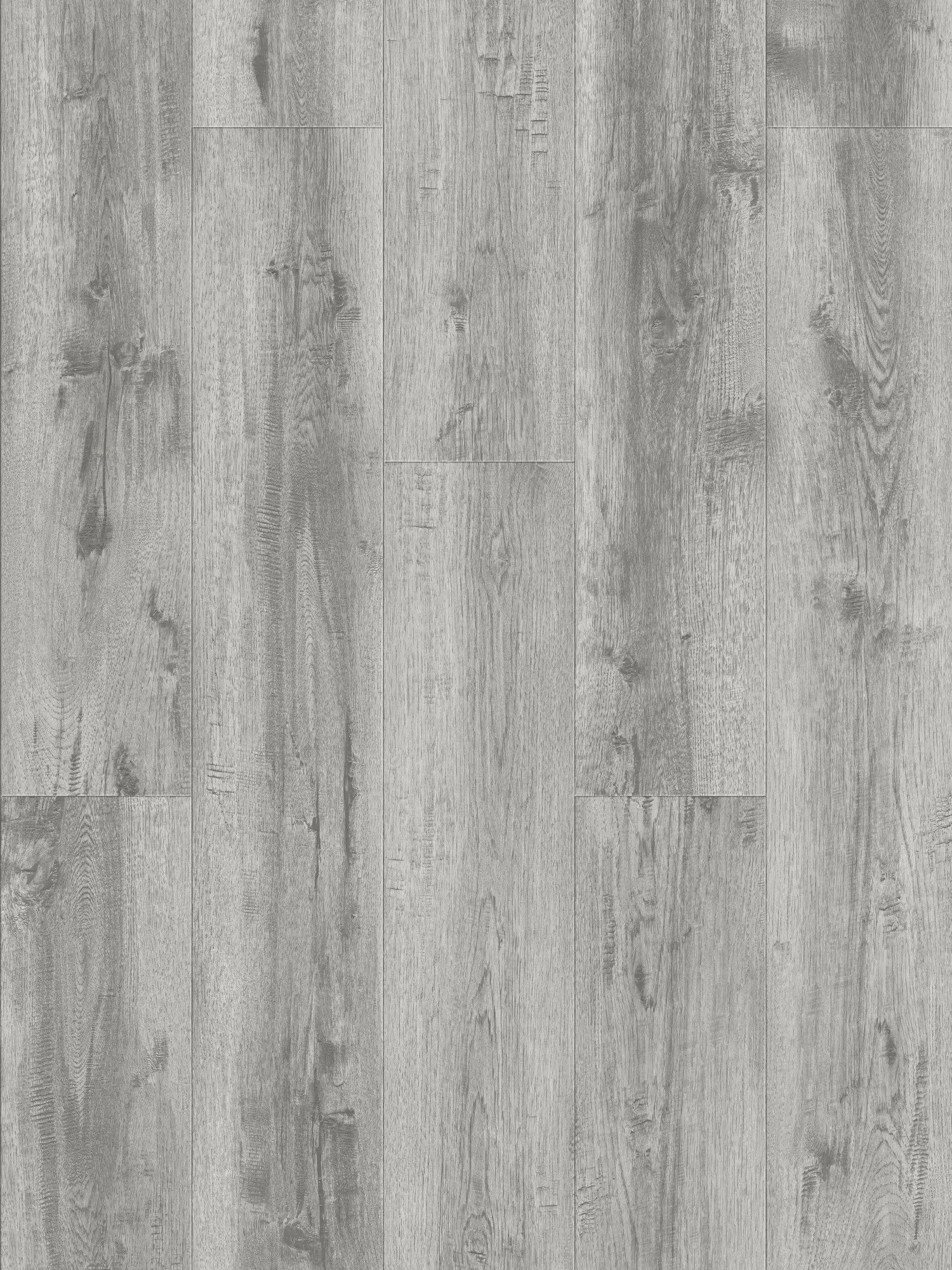 Light Grey
Light Grey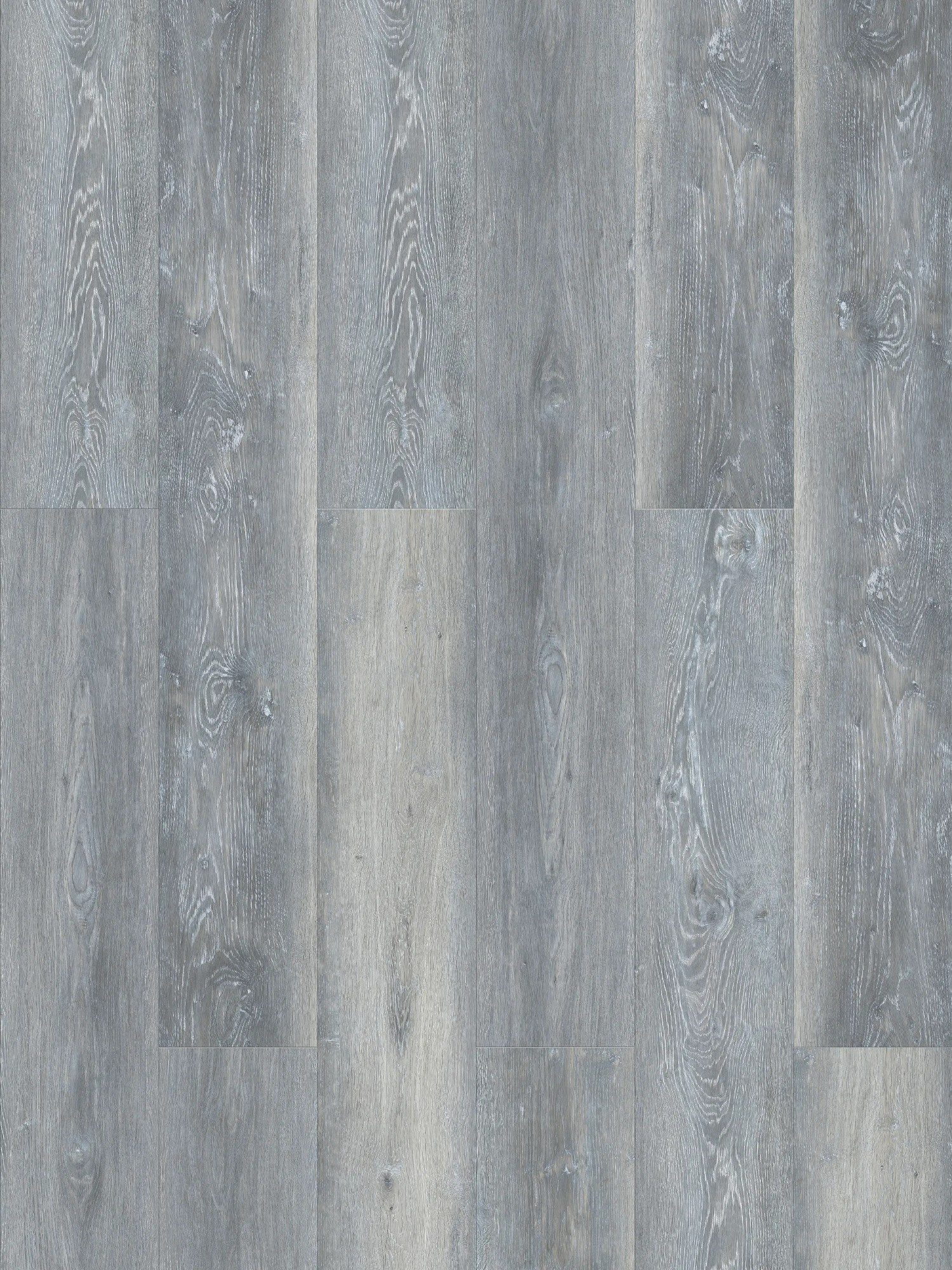 Grey
Grey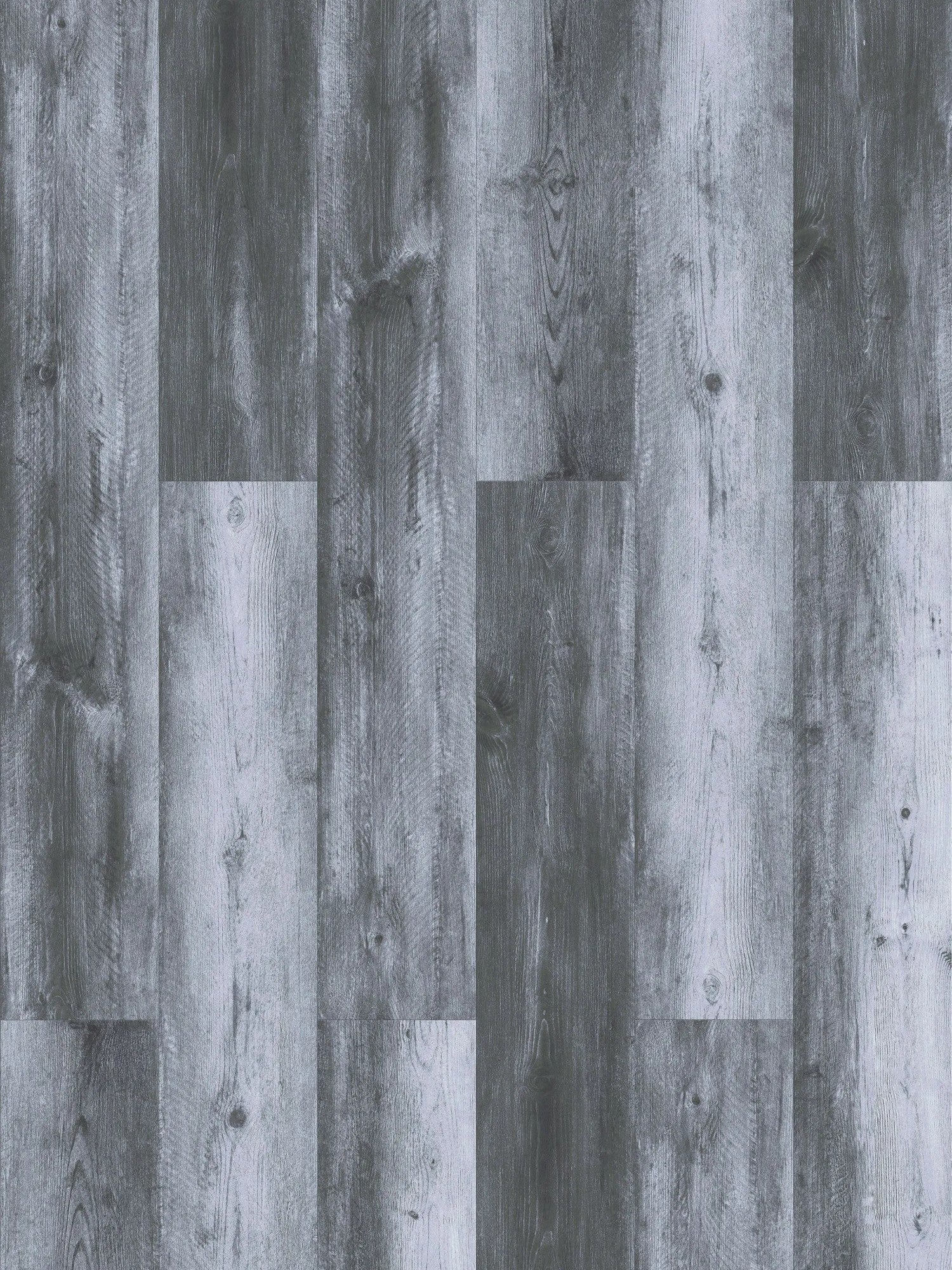 Dark Grey
Dark Grey






